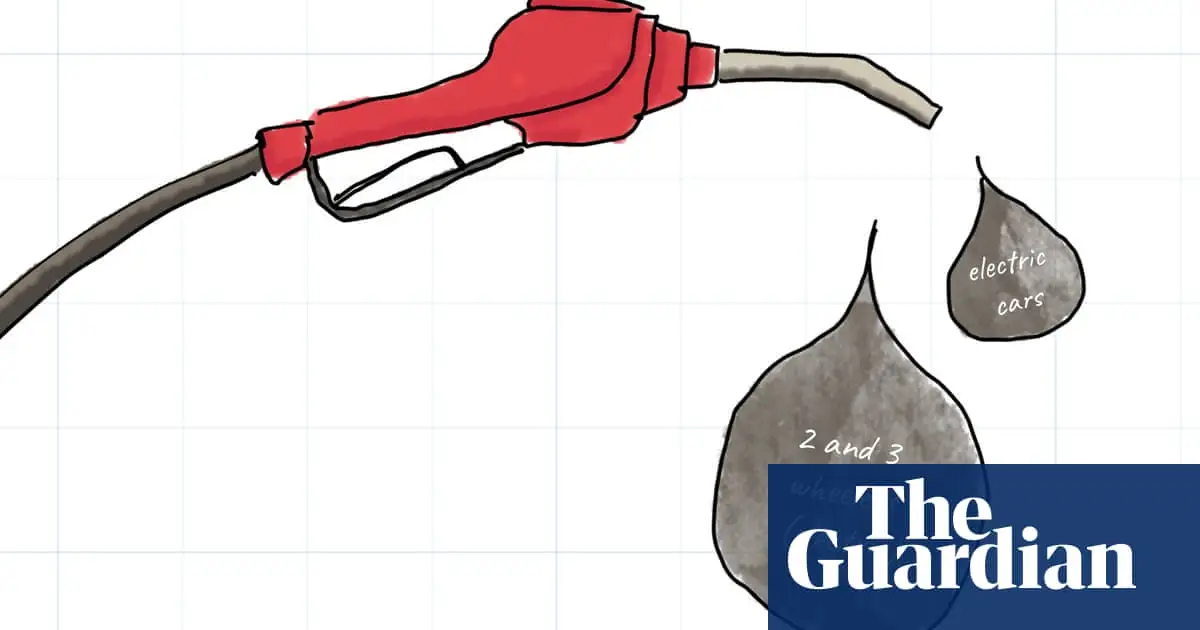- cross-posted to:
- fuck_cars@lemmy.ml

Ebikes won’t replace a car for a lot of people, but they are often well-suited for shorter trips and the “last kilometre” – the distance between home and the nearest public transport.
The last kilometre point is important too. Making sure there is secure bike parking and/or allowing bikes on public transport makes the whole thing more convenient and requires less planning in cases where you want to make mixed mode trips.

Here in the UK, you can literally buy a decent used car for the price of a new ebike. With prices like this, and poor bike infrastructure, they will never be seen as anything other than a curiousity.

Here’s the thing though. I arrived at the conclusion that buying both a car and an ebike is cheaper than buying a car alone, provided the bike replaces the car for the bulk of your trips. You save enormous amounts in fuel and maintenance. The amount of electricity you consume is a rounding error on your monthly bill while you need to budget for fuel when driving, and automobile maintenance costs are easily 10x higher than for a bike. And last but not least, you can go for a long time without replacing your car since you put so little mileage on it, and when you do go looking for a replacement, you can lower the bar in looking for a bargain. Since it’s something you will only drive sporadically, it doesn’t have to be great.
Why not find the best budget ebike you can and the best budget car you can and compare the sticker prices? Not to mention gas and maintenance.
Having poor infrastructure right now does not mean that they are permanently a “curiosity”.

This is how it is in the Canada too.

Y’all are NOT thinking about the incredible way cars are a fiery pit that you throw money into. You don’t just buy the car and then use it, it costs money to use a car every damn second you are using it, not to mention the stupid things depreciate value like crazy.
A bicycle takes a laughable amount of maintenance, honestly there just isn’t that much to go wrong, it isn’t even remotely close how much more money, headaches and time it takes to maintain a car vs. an ebike.

People keep stealing my bikes and I don’t like it

I imagine that is super frustrating but remember, if you buy a used bicycle for cheap, someone could steal your bicycle practically every month and it will still be cheaper and less of a headache than owning and using a car.

While that may be true, the original post stated that you could buy a used car for the cost of a new ebike. It didn’t mention the additional costs of ownership, hence we can leave them out of the qualifier. It’s not unreasonable to say that the purchase of a used car could be similar in price to that of the purchase of a new ebike.

Most people are aware. They are also aware of dealing with inclement weather, especially in most of the UK where it rains a lot. The weather here in Scotland is miserable most of the year. Cold, wet, and windy. Many feel the extra cost is worth it. I’m not saying whether any of this is good or bad, I’m just pointing out the reality.
This is not true for Canada. You can buy an ebike for $2700CAD.

Yeah, and you could buy a used car for that amount…just like what OP said

One of the reasons I stopped riding a bike is because I didn’t want to die in traffic. People can go on about how awesome bikes are but I really don’t want to die on the front of the grill of some careless lorry driver.

I love riding my bike, its the best way to commute, provided you go before rush hour

More than 95% of the two-wheelers are located in China, according to the IEA.
Wow! What is the situation over there? Is it that fewer people can afford a car and opt for ebikes, that the infrastructure is more bike-oriented, or are there some other factors at play?

They used to be an extremely bike heavy culture before cars too over, so maybe it’s just a return to old habits? China is also big on EVs too, so maybe they have just moved to electric in general.


